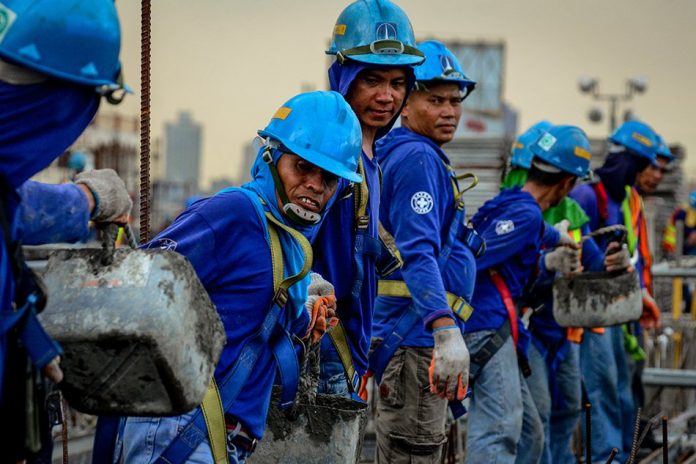
MANILA – A property consultancy firm warned that the current shortage of cement is likely to hold back the construction of new buildings.
Pronove Tai International Consultants said increase in the supply of cement is important in order to create more office spaces that can be utilized by business enterprises.
The firm estimated that the shortage of cement have caused a 30 percent delay in the first quarter of 2019 building completions in Metro Manila.
“Our thinking is that the cement shortage will cause impact for the entire year unless government does something about it. That is why we are already ringing the bell,” said Monique Pronove, Pronove Tai president and Chief Executive Officer, in a press briefing held at Makati City on Wednesday.
A study conducted by the firm showed that a total of 15 buildings measuring 276,000 square meters (sq. m) were completed during the first quarter of 2019 resulting to an increase of 31 percent than the quarterly average last year.
Demand for office buildings in Metro Manila during the first quarter of this year was higher by 39 percent year on year as it recorded 364,000 sq. m compared to 262,000 sq. m during the first quarter of 2018 according to Pronove Tai.
The increase in demand was driven by the IT-BPM sector at 36 percent while the offshore gaming sector demand grew by 118 percent year on year
Pronove Tai said at least 52 buildings measuring 1.1 million sq. m in Metro Manila must be completed before the end of the year.
“You always want to reach a certain equilibrium where you have corporations not spending too much on their real estate,” Pronove explained.
The firm urged government to suspend the implementation of tariffs on cement imports as the real estate market needs at least 32 million metric tons of cement annually for the construction of new buildings and other infrastructures in the country. Currently, local suppliers for construction firms can only provide around 27 million metric tons of cement.
The Department of Trade and Industry (DTI) has imposed last February an additional P8.40 duty per bag of imported cement to protect local manufacturers and ensure the stability of the commodity’s supply and price.
The duties on cement will also encourage existing and new players to build additional facilities for domestic production, and address the country’s perennial trade deficits.
Data from the Trade Department shows that cement imports increased from only 3,558 metric tons in 2013 to more than 3 million tons in 2017.
The share of imports also increased from only 0.02 percent to 15 percent during the same period, leading to a 49 percent decline in manufacturers’ income in 2017. (PNA)







